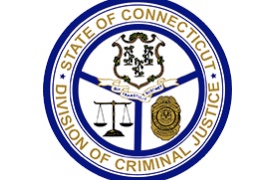Global Advocacy & Policy
The Presidential Cannabis Pardon Page Now Live

Global Advocacy & Policy
Green Check Expands Financial Services Access to Cannabis Businesses Within Sovereign Nations
Global Advocacy & Policy
New Brunswick says it is unable to enforce its provincial cannabis laws on First Nations land, while other provinces take a different stance.
Global Advocacy & Policy
1,500+ Pending Cannabis Cases Dropped by Connecticut Chief State Attorney’s Office
-

 Cannabis News2 years ago
Cannabis News2 years agoDistressed Cannabis Business Takeaways – Canna Law Blog™
-

 One-Hit Wonders2 years ago
One-Hit Wonders2 years agoUnited States: Alex Malyshev And Melinda Fellner Discuss The Intersection Of Tax And Cannabis In New Video Series – Part VI: Licensing (Video)
-

 Cannabis 1012 years ago
Cannabis 1012 years agoWhat you Need to Know
-

 drug testing1 year ago
drug testing1 year agoDrug Testing for Marijuana – The Joint Blog
-

 Education2 years ago
Education2 years agoNCIA Write About Their Equity Scholarship Program
-

 Cannabis2 years ago
Cannabis2 years agoIt has been a wild news week – here’s how CBD and weed can help you relax
-

 Marijuana Business Daily2 years ago
Marijuana Business Daily2 years agoCannabis, alcohol firm SNDL loses CA$372.4 million in 2022
-

 California2 years ago
California2 years agoA new April 20 cannabis contest includes a $40,000 purse


















